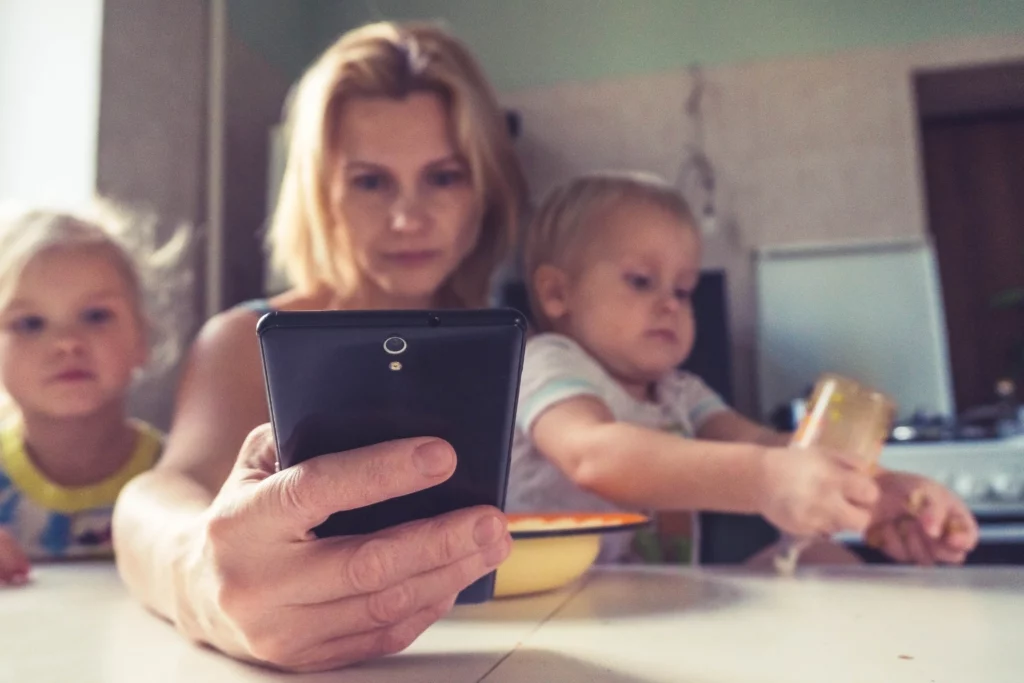| Takeaway | Description |
|---|---|
| Set E-Safe Rules for All Online Devices | Teach your child simple e-safe rules that apply to smartphones and other online devices to ensure their safety online. |
| Use Parental Controls for Younger Children | Parental controls can help protect younger children from age-inappropriate content on smartphones; explore filtering options. |
| Age Ratings Apply to Smartphone Content | Ensure your child understands that age ratings for TV shows and films still apply when watching on a smartphone; discuss family rules and controls. |
| Protect Personal Information with a PIN | Encourage your child to use a PIN or password to secure their smartphone and sensitive data, preventing unauthorized access. |
| Be Cautious with Location Sharing | Discuss the potential risks of sharing location information on smartphones and consider parental control tools for added safety. |
| Teach Responsibility in Sharing Content | Help your child understand the consequences of sharing hurtful or illegal content, emphasizing responsible smartphone use. |
| Promote Respectful Smartphone Camera Use | Encourage your child to use smartphone cameras responsibly, respecting others’ privacy and avoiding inappropriate content sharing. |
| Establish Smartphone Usage Guidelines | Create a family agreement for smartphone usage, including rules like device off at night and limiting screen time to promote healthy habits. |
How Can I Keep My Child Safe on Their Smartphone?
Yes you can! Try these ideas:
Internet Safety: Teach them e-safe rules applicable to all devices. Smartphones have access to apps and social networks, so it’s crucial to share safety guidelines.
Parental Controls: For young kids, parental controls are a lifeline. Protect them from age-inappropriate content. For teens, talk about online peer pressure.
Filtering Options: Limit internet access with mobile provider filters or apps like Safe Lagoon when on the go.
Public Wi-Fi: Beware of unrestricted content on public Wi-Fi. Look for the Friendly WiFi symbol for filtered access.
Home Internet: Use free filtering tools from major providers for home devices. Safe Lagoon offers comprehensive safety.
How Can My Child Access Entertainment Safely on Their Smartphone?
Age Ratings Apply: Explain that age ratings matter, even on smartphones. Discuss rules and parental controls for apps like YouTube.
What to Do If My Child Sees Inappropriate Content?
Stay calm and supportive. Open communication is key. Your child needs to know they can turn to you.
What Are Apps, and How to Choose Safe Ones?
Lets answer in two parts:
Apps Defined: Apps are specialized software for specific functions. Kids love gaming apps.
Choosing Apps: Register together, but let them take the lead as they grow. Familiarize yourself with online app stores for recommendations.
How to Protect Personal Info on Their Phone?
Use a PIN or password. It keeps photos, emails, and social media secure. Prevent “fraping” by locking social media access.
Should My Child Share Their Location on Their Smartphone?
Be cautious. Discuss the risks with older kids. Use parental controls to limit location sharing for younger children.
How to Teach Responsible Content Sharing?
Encourage positive use of instant messaging. Discuss the consequences of sharing hurtful or illegal content.
How to Ensure Responsible Smartphone Camera Use?
Promote responsible photo-taking. Ask permission before sharing friends’ pictures. Discuss the dangers of sexting.
What If My Child Is Addicted to Their Smartphone?
Create a family agreement. Set rules for screen time and model good behavior. Remember, they’re in control of their replies.





